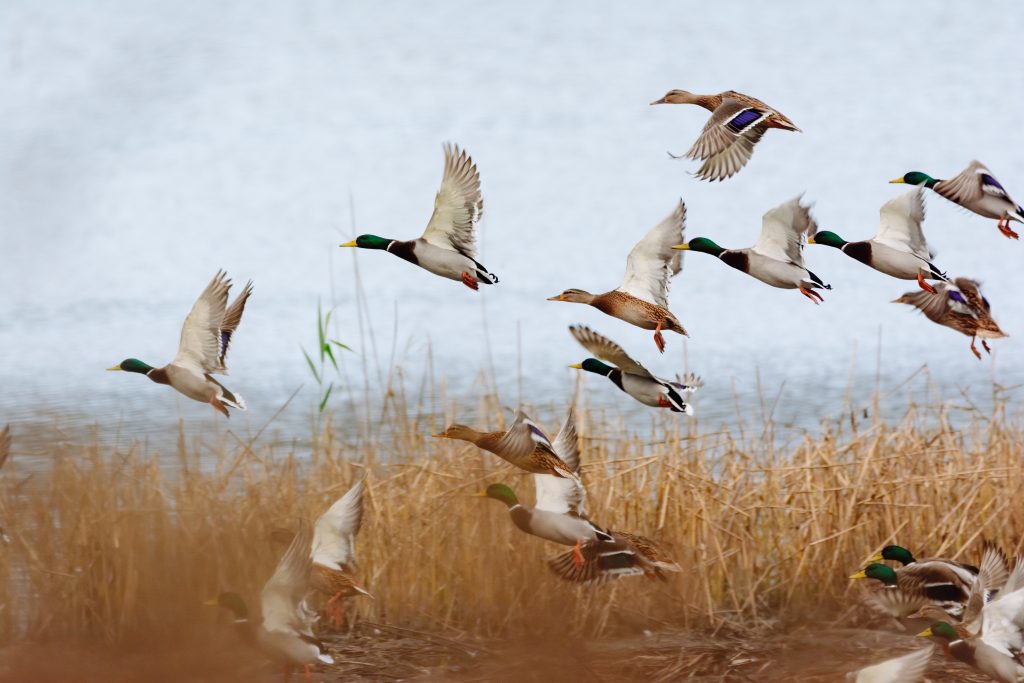Hunting can be either a sport or simply a means of providing food. Either way, beginning to hunt birds requires patiently following a process. Practice and time will eventually get you to a level where you can effortlessly hunt birds and fowl while simultaneously enjoying the activity. Here is a guide on how to start hunting birds.
1. Research About Bird Hunting
When you begin to learn an art or skill, it’s important to take the time out to research what is required. It’s through the research process that you can gather and analyse as much information as possible, to decide whether you can commit to the process and all that is required from you.
Besthuntingadvice, for example, is an excellent resource with various tips and tricks available for you to take advantage of when you begin hunting. Skipping the research phase may mean that you begin ill-prepared which will make the process difficult. You might make mistakes that are unavoidable such as starting off by hunting the most difficult birds, which will lead to many failed attempts and can be discouraging.
2. Engage with Experienced Hunters
Once you have gathered all the information and best advice about hunting, you are advised to engage with those that are experienced in the field of hunting. Firsthand experiences offer insight that complement theory. You can learn different styles and executions of hunting, methods that worked and those that didn’t when they were first learning how to hunt. Such advice may later become applicable when you begin the hands-on process of hunting.
3. Get Your Hunting Licence
You will be required to obtain a hunting license that will allow you to operate in hunting spaces and purchase the equipment that is needed. The licence also ensures public safety knowledge required when hunting. You can find online courses where you will be expected to take a test at the end of the course. In some cases, you will then spend a day with a field hunting instructor who will assist in the hands-on process of hunting.
4. Gather Your Equipment
You will need to make sure that you have all your equipment set before you head out. Equipment you will need includes a hunting gun which is licensed, arrows and ammunition, hearing protection, decoys, and your comfortable hunting attire. These are just the basic equipment as you may discover that you may prefer other types of equipment as you continue to explore the art of hunting.
5. Practice
When you have your licence, you can head out to the practice hunting parks to get a feel of the real hunting setting. At a practice park, you will shoot different types of clay birds. These birds represent the type of birds that you will hunt and have different difficulty levels. Some birds are constantly in motion while others are easy targets. Keep practising your shots until you are comfortable to head out to the hunting spaces.
6. Train Your Hunting Dog
Different bird hunters enjoy having a dog as a hunting partner because they are efficient and make the process easier. A hunting dog can help by ‘flushing out’ the birds. This means that a dog can be trained to deter birds from areas where they are not in clear sight, into zones where you can execute your shots clearly. Other dogs are trained to locate birds meaning you won’t have to spend too much time trying to find birds to shoot. Some dogs are able to do both – it simply depends on the type of dog you have and the hunting style that works well together with the dog.
7. Study Your Areas
Once you have decided you are ready to begin the hunting process, you may want to begin by scoping out the areas that are best for bird hunting. You can analyse the types of birds that frequent certain areas as well as the times for instance. You can spot the areas where birds are undercover, and the patterns that follow when having been flushed out. Analysing such patterns may help develop your hunting style and sequence.
8. Take Your Best Shot
Now that you have taken time to prepare for the real hunt, you can head out to the spaces you identified and shoot. The practise sessions, advice and research that you would have experienced, will now come into play. Keep in mind that every skill develops with practice and patience. Make sure to always apply the safety advice you learnt when you obtained your licence.
Conclusion
Hunting requires preparation, practice and patience. Make sure you begin by researching and learning all you can about hunting. A part of the learning process can include interacting with experienced hunters to gain first-hand information about the skill. You can then go on to get your hunting licence, gather equipment you need and practice. If you decide to partner with a hunting dog, you can train together. When you are confident enough to go into the field, you can study the bird hunting areas you will enjoy, and then take your best shot at bird hunting.
